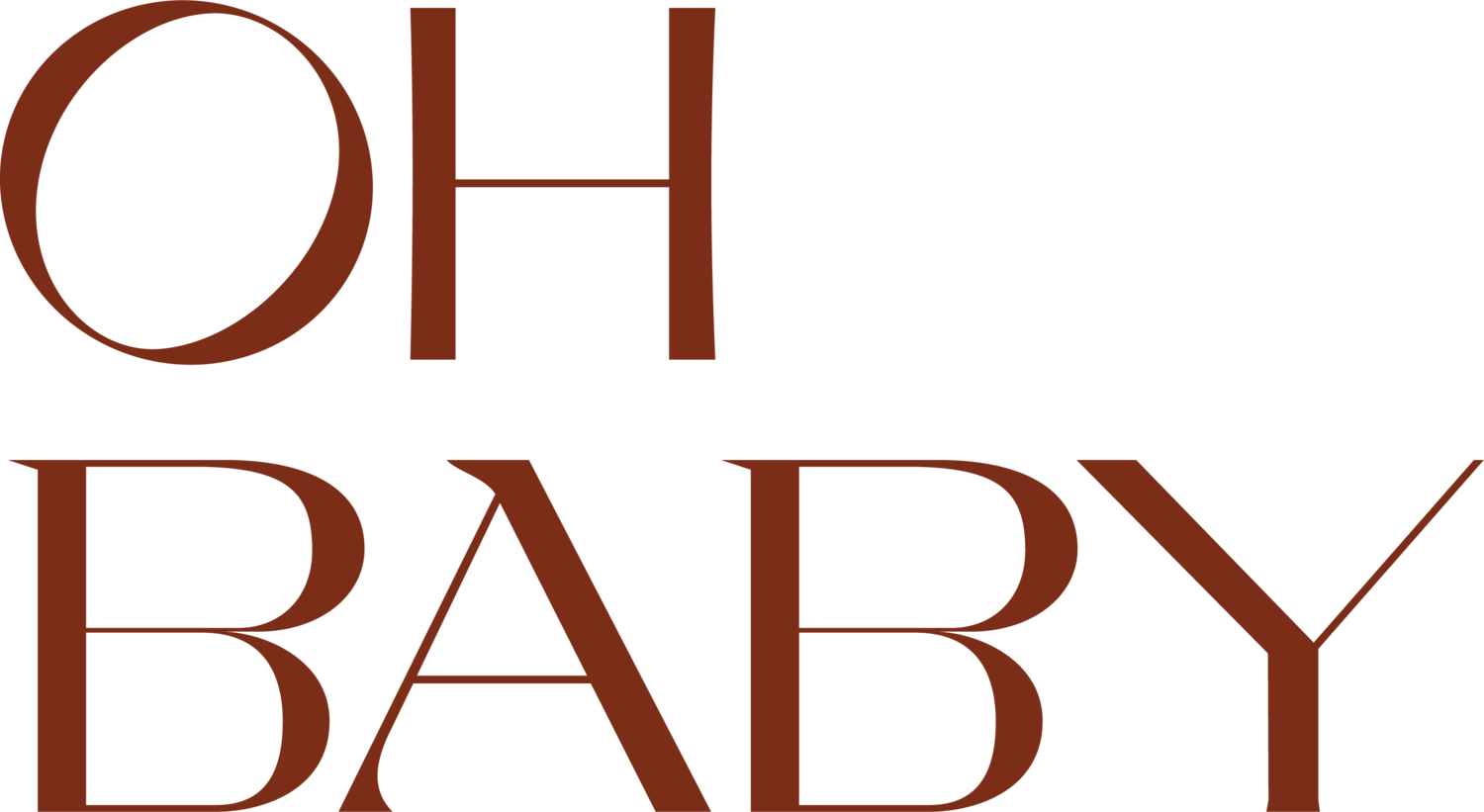I'm Pregnant & Why I Decided To Share The News Early
It’s the social norm to wait 12 weeks, or about 3 months, to announce the news of your pregnancy. This is when the first trimester is over and the risk of suffering a miscarriage is greatly reduced. I followed this unwritten rule with my first pregnancy. With the exception of my immediate family, I kept the news from even my very best friends. I’m terrible at keeping secrets and I really hated every minute of having to keep that one.
This time around, I discovered that I was pregnant at 3.5 weeks. My husband and I kept the news to ourselves until I was 6.5 weeks pregnant when we shared with our families on Christmas day. It was incredibly hard to keep this from my mother for a whole 3 weeks. We’re very open with each other, so when I repeatedly ended our phone conversations early or made an excuse about why I couldn’t visit her, I thought she’d become suspicious. She often joked that ALL she wanted for Christmas was another grandbaby. So it was worth it to keep the surprise until Christmas day, even if it meant avoiding her for a few weeks because I just couldn’t be trusted otherwise.
After the pregnancy was announced to our family, it was nearly impossible for me to not share publicly. I’d been open about my journey of preconception preparation through social media and post often about all things fertility, pregnancy and motherhood. So it didn’t feel right continuing on as if I wasn’t pregnant any longer.
The most important reason I’m sharing my pregnancy in the first trimester is to help break the stigma and cycle of loneliness that surrounds early loss.
Having to experience the pain of a miscarriage must be horrible. Having to announce that painful news and relive it every time you talk about it could admittedly make it even more painful. This might be because our culture is so hushed with these matters that we haven’t developed a way to support and nurture women and families during these times. The awkwardness that presently surrounds miscarriage often leaves people unsure if they should say something to acknowledge someone’s suffering or if they should leave them alone to grieve.
Early loss is probably much more common than we know because women are so accustomed to keeping the experience to themselves. This can cause the sufferers of early loss to feel very alone, sometimes shameful, or even misguidedly guilty. Women must know that it is not their fault, they’ve done nothing wrong, and that they’re not to blame.
Traditional cultures passed sacred wisdom down generation after generation, but that traditional wisdom doesn’t exist in the same way today. I'm sensing a shift in conscientiousness as of late though. The support that I’ve seen through social media has been incredible. Women supporting and encouraging other women around the world as they transition through motherhood. Whether it’s supporting each other through a loss or during those early days of motherhood that are filled with certain joy, but can also be accompanied by a healthy mix of fear or uncertainty.
And while I’m talking about social media…. I’ll end with the refreshingly open, honest and reassuring post that Mark Zuckerberg, creator of Facebook, shared on his own Facebook page.
“We want to share one experience to start. We've been trying to have a child for a couple of years and have had three miscarriages along the way. You feel so hopeful when you learn you're going to have a child. You start imagining who they'll become and dreaming of hopes for their future. You start making plans, and then they're gone. It's a lonely experience. Most people don't discuss miscarriages because you worry your problems will distance you or reflect upon you -- as if you're defective or did something to cause this. So you struggle on your own. In today's open and connected world, discussing these issues doesn't distance us; it brings us together. It creates understanding and tolerance, and it gives us hope. When we started talking to our friends, we realized how frequently this happened -- that many people we knew had similar issues and that nearly all had healthy children after all. We hope that sharing our experience will give more people the same hope we felt and will help more people feel comfortable sharing their stories as well. Our good news is that our pregnancy is now far enough along that the risk of loss is very low and we are very hopeful.”

